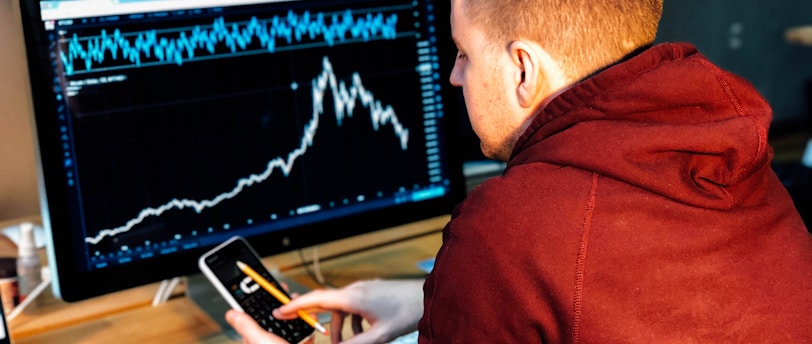“I Only Make $1,200 a Month! How I Paid Off $2,000 of Credit Card Debt in 6 Months?”
Low income doesn’t mean low results. If you're living paycheck to paycheck, this guide will show you exactly how to take control of your debt and still breathe financially.
5/10/20253 min read


Living on a modest income can feel overwhelming, especially when debt piles up and seems impossible to manage. If you’re earning about $1,200 a month and carrying $2,000 in credit card debt, you might think paying it off quickly is a dream out of reach.
In this article, I’ll share the practical steps I took, the challenges I faced, and the mindset shifts that helped me regain financial control without sacrificing my basic needs. Whether you’re struggling with debt or just looking for inspiration to improve your money habits, this story can guide you toward financial freedom.
Understand Your Debt and Your Income
The first step in tackling any financial challenge is to understand where you stand. I sat down and made a detailed list of all my debts, including balances, interest rates, and minimum payments. I also looked carefully at my monthly income, my $1,200 paycheck.
Understanding exactly how much I owed and what I earned each month helped me see the reality clearly. It wasn’t fun, but it was necessary. This clarity helped me make a realistic plan and avoid more debt.
Create a Bare-Bones Budget That Works
Living on a tight income means every dollar counts. I cut my expenses to the essentials: rent, utilities, food, and transportation. I canceled all unnecessary subscriptions, avoided dining out, and shopped smartly at discount stores.
I tracked every expense, no matter how small, using a free budgeting app. This helped me identify where I could save more and hold myself accountable. Having a strict but manageable budget was key to freeing up money for debt payments.
Prioritize Debt Payments Over Wants
With only $1,200 coming in, I knew I had to be ruthless with my priorities. Debt payments came before any non-essential spending. I decided to pay more than the minimum balance each month, even if it was just an extra $50 or $100.
Every extra payment lowered the principal, which in turn lowered the amount of interest I had to pay. This snowball effect made a huge difference and kept me motivated as I saw the debt shrink faster.
Increase Your Income, Even Slightly
Since my income was limited, I looked for ways to boost it. I picked up small side gigs like freelance writing and selling handmade crafts online. These extra earnings, though modest, went directly toward debt payments.
Even a small boost can speed up your payoff timeline and provide a sense of accomplishment. Look around for opportunities in your community or online that fit your skills and schedule.
Use Windfalls Wisely
Any unexpected money I received, like tax refunds or birthday gifts, went straight to my debt. It was tempting to treat myself, but I kept reminding myself of the bigger goal, becoming debt-free.
Using windfalls to pay down debt accelerates your progress and reduces the stress of owing money month after month.
Stay Positive and Keep Your Eyes on the Goal
Debt can feel like a heavy burden, but keeping a positive attitude made all the difference. I celebrated small victories, like paying off a card or reaching a payment milestone. These wins kept me motivated.
Visual reminders, like charts showing my debt decreasing, helped me stay focused. Surrounding myself with supportive people who understood my goal was also crucial.
Conclusion: You Can Pay Off Debt on a Low Income
Clearing $2,000 of credit card debt on a $1,200 monthly income was challenging, but entirely possible. It took discipline, smart budgeting, and a clear plan. The key was commitment and believing that financial freedom was achievable for me.
If you’re in a similar situation, remember you’re not alone. Take the first step by understanding your finances, create a budget, prioritize your debt payments, and look for ways to increase your income. With patience and persistence, you can become debt-free too.
Finance
Empowering your financial journey with clarity and confidence.
Growth
Curve
contact@mymoneycurve.com
© 2025. All rights reserved.